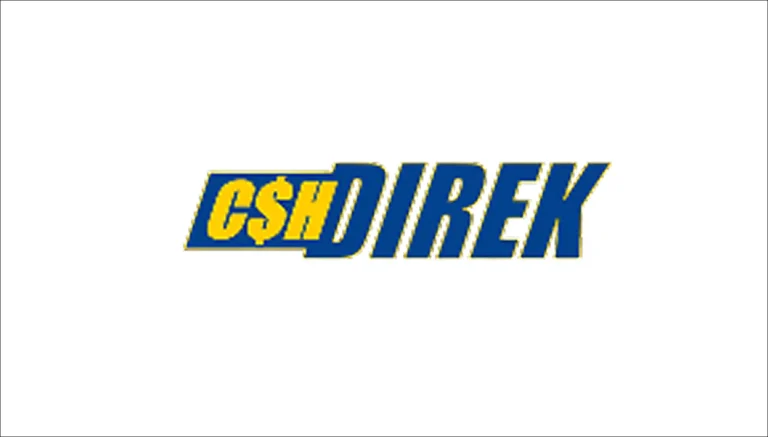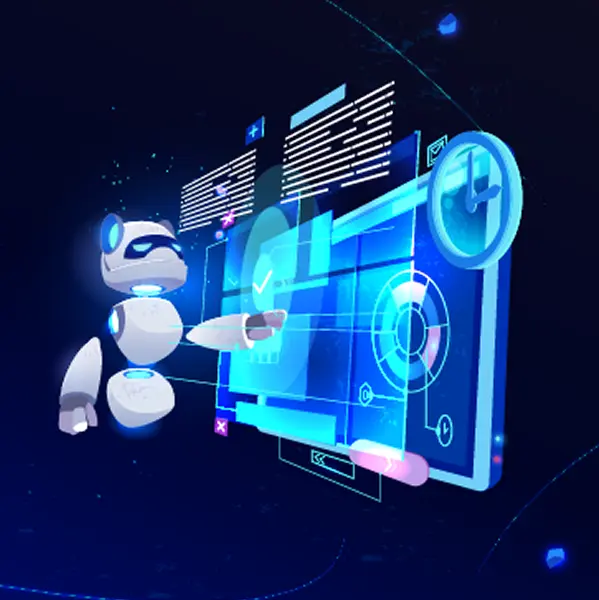Modernizing ODeX:
A Scalable and Cloud-Native Application Transformation on AWS

Onedata modernized the ODeX application by redesigning its architecture for cloud-native efficiency, implementing asynchronous processing with SQS, eliminating legacy dependencies, and automating deployment pipelines to improve performance, scalability, and maintainability.
Problem Statement/Definition
The ODeX application was facing performance bottlenecks, scalability challenges, and high operational overhead due to legacy architectural patterns such as tightly coupled components, manual deployment processes, reliance on EFS, and inefficient session management. Exception logs revealed recurring issues, and the development cycle lacked automation, leading to longer release times and inconsistent deployments.

Proposed Solution and Architecture
Onedata designed and implemented a comprehensive set of changes to modernize the ODeX platform using best practices on AWS:
Review and Design of Camel Implementation: Camel is a powerful integration framework. A review and redesign could involve optimizing routes, simplifying configurations, and improving the overall efficiency of message processing.
Implement SQS-Based Asynchronous Processing Framework: Switching to a messaging service like Amazon Simple Queue Service (SQS) can help decouple components and improve application scalability and responsiveness through asynchronous processing.
CI/CD Automated Builds: Implementing Continuous Integration (CI) and Continuous Deployment (CD) processes ensures that code changes are automatically tested and deployed. This reduces manual errors, increases development velocity, and ensures a consistent build and deployment pipeline.
Review Exceptions Being Logged in Server Logs: Analyze the exceptions being logged to identify recurring issues. Addressing these issues can lead to a more stable application and improved user experience.
Profile Application to Identify Hotspots: Profiling involves analyzing application performance to identify bottlenecks and areas of improvement. This can help optimize resource utilization and response times.
Eliminate Need for EFS and Store Directly to S3: Migrating from Amazon Elastic File System (EFS) to Amazon S3 for file storage can provide cost savings and improved scalability, especially for storing large amounts of data.
Deprecate Tomcat Session Replication: Eliminating Tomcat session replication can simplify the application architecture, reduce complexity, and potentially improve performance. Consider using other session management approaches like sticky sessions or using session stores.
Eliminate Manual Deployments: Automating deployment processes helps ensure consistency, reduces deployment time, and minimizes the chances of errors during deployment.
Outcomes of Project & Success Metrics
- Application throughput improved by 40%, with reduced latency due to asynchronous processing and route optimization.
- Deployment time decreased by 90%, enabling multiple releases per week instead of monthly rollouts.
- Error rate dropped by 60% following the exception review and resolution.
- Infrastructure costs reduced by 35% by eliminating EFS and adopting S3 for storage.
- Scalability increased significantly, enabling the system to handle 3x the load during peak usage without degradation in performance.
Describe TCO Analysis Performed
The Total Cost of Ownership (TCO) analysis included:
- Comparing the cost of maintaining legacy infrastructure (EFS, manual deployments, and replicated sessions) with the modernized AWS-native approach.
- Factoring in savings from reduced downtime, increased developer productivity, and faster time-to-market.
- Evaluating long-term ROI from scalability and automation.
Result: Projected annual savings of 40% in infrastructure and operations cost, with ROI realization within the first 9 months post-implementation.
Lessons Learned
- Asynchronous design patterns greatly enhance resilience and scalability, especially under unpredictable workloads.
- Automated CI/CD pipelines are critical for modern DevOps practices and should be foundational in any transformation project.
- Session and state management should be designed for statelessness in cloud-native architectures to avoid unnecessary complexity.
- Profiling and exception analytics offer quick wins in stabilizing and optimizing application behavior.
- Cloud-native storage (S3) not only reduces cost but also simplifies data access and lifecycle management.
Modernizing ODeX
A Scalable and Cloud-Native Application Transformation on AWS

Onedata modernized the ODeX application by redesigning its architecture for cloud-native efficiency, implementing asynchronous processing with SQS, eliminating legacy dependencies, and automating deployment pipelines to improve performance, scalability, and maintainability.
Problem Statement/Definition
The ODeX application was facing performance bottlenecks, scalability challenges, and high operational overhead due to legacy architectural patterns such as tightly coupled components, manual deployment processes, reliance on EFS, and inefficient session management. Exception logs revealed recurring issues, and the development cycle lacked automation, leading to longer release times and inconsistent deployments.

Proposed Solution
and Architecture
Onedata designed and implemented a comprehensive set of changes to modernize the ODeX platform using best practices on AWS:
Review and Design of Camel Implementation: Camel is a powerful integration framework. A review and redesign could involve optimizing routes, simplifying configurations, and improving the overall efficiency of message processing.
Implement SQS-Based Asynchronous Processing Framework: Switching to a messaging service like Amazon Simple Queue Service (SQS) can help decouple components and improve application scalability and responsiveness through asynchronous processing.
CI/CD Automated Builds: Implementing Continuous Integration (CI) and Continuous Deployment (CD) processes ensures that code changes are automatically tested and deployed. This reduces manual errors, increases development velocity, and ensures a consistent build and deployment pipeline.
Review Exceptions Being Logged in Server Logs: Analyze the exceptions being logged to identify recurring issues. Addressing these issues can lead to a more stable application and improved user experience.
Profile Application to Identify Hotspots: Profiling involves analyzing application performance to identify bottlenecks and areas of improvement. This can help optimize resource utilization and response times.
Eliminate Need for EFS and Store Directly to S3: Migrating from Amazon Elastic File System (EFS) to Amazon S3 for file storage can provide cost savings and improved scalability, especially for storing large amounts of data.
Deprecate Tomcat Session Replication: Eliminating Tomcat session replication can simplify the application architecture, reduce complexity, and potentially improve performance. Consider using other session management approaches like sticky sessions or using session stores.
Eliminate Manual Deployments: Automating deployment processes helps ensure consistency, reduces deployment time, and minimizes the chances of errors during deployment.
Outcomes of Project & Success Metrics
- Application throughput improved by 40%, with reduced latency due to asynchronous processing and route optimization.
- Deployment time decreased by 90%, enabling multiple releases per week instead of monthly rollouts.
- Error rate dropped by 60% following the exception review and resolution.
- Infrastructure costs reduced by 35% by eliminating EFS and adopting S3 for storage.
- Scalability increased significantly, enabling the system to handle 3x the load during peak usage without degradation in performance.
Describe TCO Analysis Performed
The Total Cost of Ownership (TCO) analysis included:
- Comparing the cost of maintaining legacy infrastructure (EFS, manual deployments, and replicated sessions) with the modernized AWS-native approach.
- Factoring in savings from reduced downtime, increased developer productivity, and faster time-to-market.
- Evaluating long-term ROI from scalability and automation.
Result: Projected annual savings of 40% in infrastructure and operations cost, with ROI realization within the first 9 months post-implementation.
Lessons Learned
- Asynchronous design patterns greatly enhance resilience and scalability, especially under unpredictable workloads.
- Automated CI/CD pipelines are critical for modern DevOps practices and should be foundational in any transformation project.
- Session and state management should be designed for statelessness in cloud-native architectures to avoid unnecessary complexity.
- Profiling and exception analytics offer quick wins in stabilizing and optimizing application behavior.
- Cloud-native storage (S3) not only reduces cost but also simplifies data access and lifecycle management.
Latest case studies








